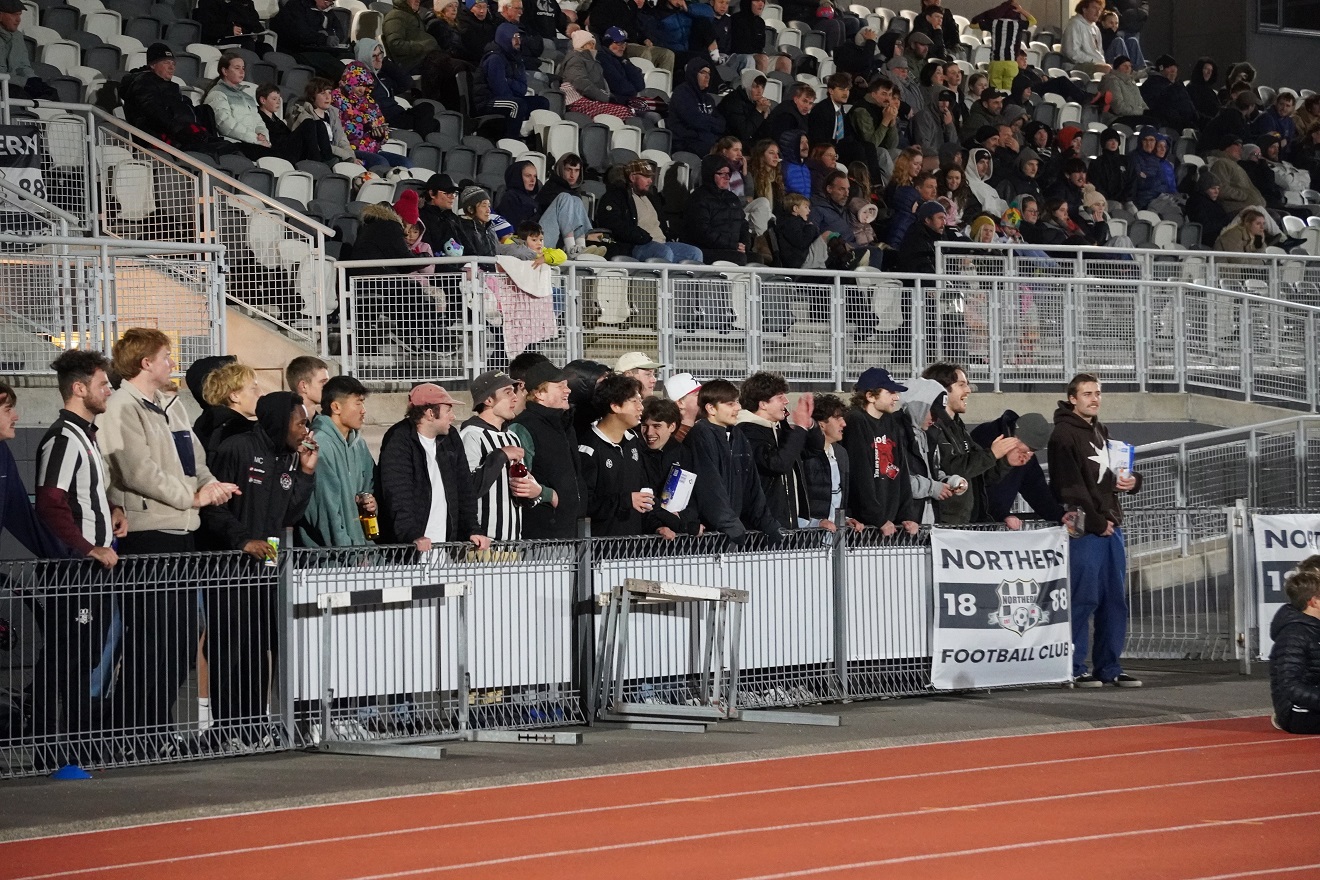
I coach a 14th-15th Grants Braes outfit, and nothing provides more joy than a match day or a game at the end of training where I get to have a kick-about.
That’s what Dunedin football is about, the passion and verve which only a game of smack-in-your-face football can provide.

I say this in response to Southern Football’s decision to permanently shift the game times for lower-division games, particularly 4th division football, to fall in line with premier football games.
Bucking the trend of all major winter sports within the city, the decision has created uproar as clubs lose the vital passion on the sidelines which comes from the students and other players nestled in the belly of the 4th division.
Big whoop, I hear you say? Big deal more like.
This year’s premier football is exciting for the reason that all but one of the football clubs in Dunedin are out of the Southern League and actually playing in a competitive Dunedin league. The fans should be through the roof.
It would seem strange then that Southern Football would decide to have multiple games coincide, preventing a large amount of a club’s support from attending prem games. Now this decision was likely coincidence in the first instance, but surely realising the state of the cross-over the institution would react accordingly?
Is Southern Football perhaps weighing its options and asking if the passion is really worth the trouble? It’s a fair thing to do.
Multiple clubs have been critiqued for their rowdy fanbases on a Saturday in seasons prior and, admittedly, it isn’t a great look to have boys with booze on the sidelines shouting raucously at the other team’s players. But is it worth stifling a club’s community?
Regardless of the decision, football clubs themselves are now working to see change, with multiple clubs coming to an agreement to play evening games, allowing as many as possible to attend. And while this decision possibly isn’t the most useful during exam season (why am I watching football when I should be studying?), it sure makes for weighty amounts of passion, humour and, most importantly, community.
More saliently, while each student is going through their own trials and tribulations, largely isolated from those around them, football has the potential to give students an identity larger than themselves.
Though student life may be typified by collective group-drinking exercises by those on the outside, I would argue that this period of life is an inherently lonely time.
It is a time where you are carving out an identity for yourself without the institutional boundaries of high school drawing you closer together.
Study is a solitary pursuit by nature. In exam season, when you spend your days traipsing to and from the library, usually in complete darkness, the likeliness of social isolation increases 10-fold.
This isn’t to say that the Dunedin football community is some sort of golden bullet for student loneliness. Of course it’s not, but for some it is a highlight of the week in an era of otherwise monotone existence.
To this degree I merely ask that Southern Football address the potential for community engagement which it holds. Proceed not with cautious disengagement but active support.
Ask, how can we shape club communities in a way which makes football the chief unifier? There is a way to get around the worries which Southern Football high-ups may (or may not) have.
This Saturday’s Chatham Cup affair between Northern and University promises to be the kind of passionate affair that one would be wise to take notice of.
The clubs are known for their honour and passion, with the personal relationships between the prem players only exacerbating the stakes. There are rumours of an organised, "home and away" segregation at the game, either as a preventive measure, or merely as a way to stoke the fires of rivalry even more.
Either way, it will be important for Southern Football to look at affairs such as these and ask what it wants the future of senior club football in the city to look like.
Regardless of its decision, it’s up to the organisation to take a stand, one hopefully in ardent support of a passionate footballing community with a fair few students thrown in the mix.
- Hugh Askerud is a 20-year-old local and student at the University of Otago, majoring in politics and religious studies.










